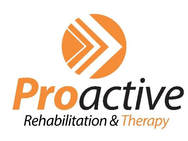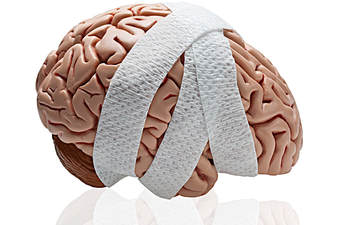Traumatic Brain Injury (Concussion) Rehabilitation
Accidents happen all of the time and some of them can be more serious than we realize. A slip on concrete or tile, a sport impact injury, or a motor vehicle accident can each result in damage to the body and brain. Concussions, also known as mild traumatic brain injuries, can be subtle and the symptoms unrecognized by many people including healthcare professionals.
A brain injury needs to be cared for in a special way as the brain needs to heal while you are resting and it is not in use. Continuing with vigorous activity like sportswear or physical labour can worsen symptoms and interfere with healing. Some injuries from concussion that are poorly managed may never heal completely. Signs of a brain injury include:
A brain injury needs to be cared for in a special way as the brain needs to heal while you are resting and it is not in use. Continuing with vigorous activity like sportswear or physical labour can worsen symptoms and interfere with healing. Some injuries from concussion that are poorly managed may never heal completely. Signs of a brain injury include:
|
|
|
At Proactive Rehabilitation we offer expertise in assessing and designing a recovery program that will get you back to regular activities at the right pace. Every brain injury is different and recovery times will vary. The best way to get back on track is by assessing the functioning of the brain and the gradual clearing of symptoms as healing occurs.
For more information call 204-299-7334.
For more information call 204-299-7334.

